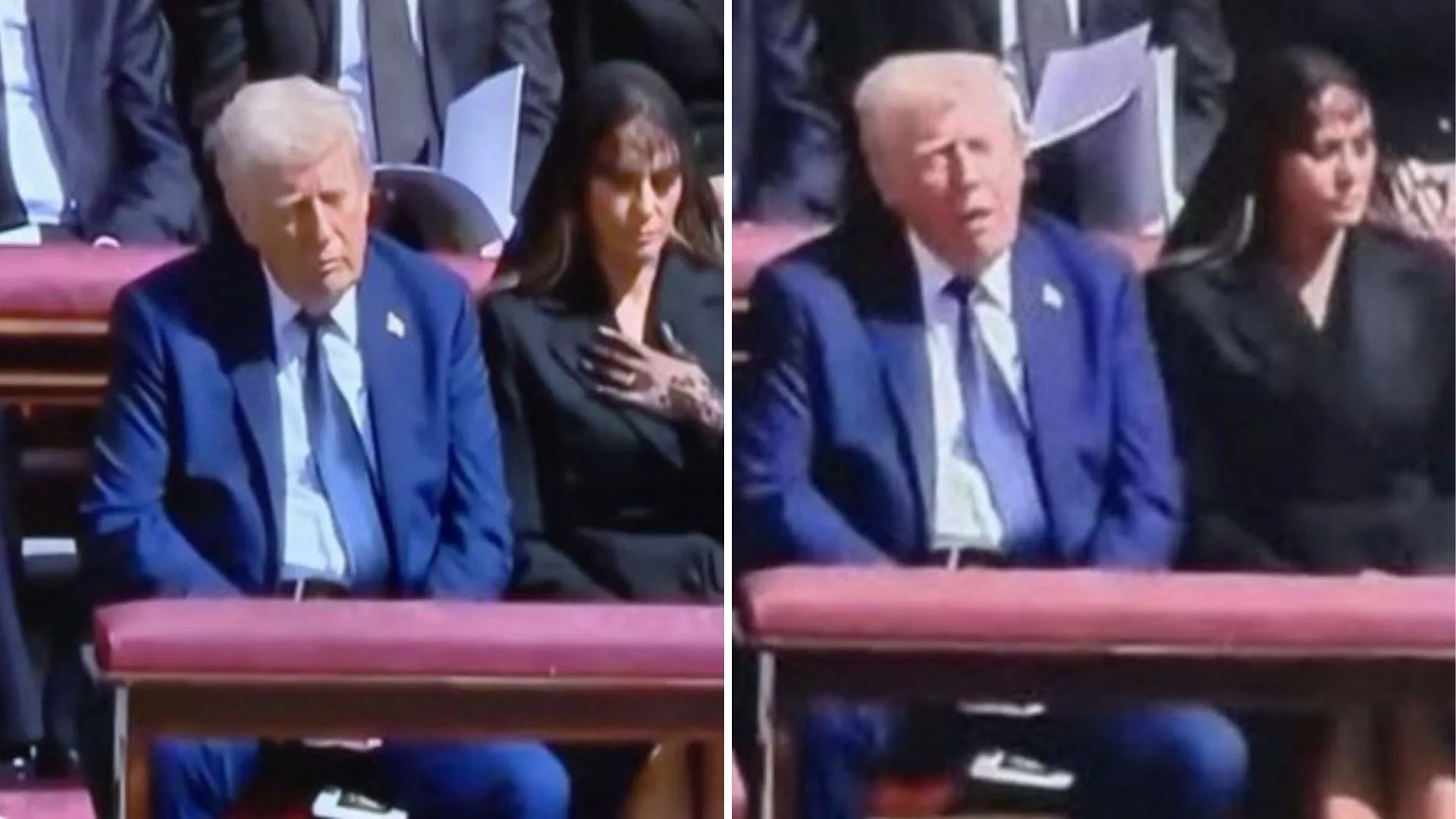The Hong Kong Police Force has unveiled an ambitious plan to install thousands of new surveillance cameras across the city, citing crime prevention and public safety as primary motives. However, this initiative has sparked concern among privacy advocates and experts, who warn it could align Hong Kong’s surveillance practices more closely with those of mainland China.
Plans for Widespread Camera Installation
The local authorities aim to install 2,000 additional surveillance cameras this year, with plans for further expansion in subsequent years. Security Chief Chris Tang announced in July that the force intends to integrate facial recognition technology into these cameras, with the potential use of artificial intelligence (AI) in the future to assist in identifying suspects.
“We are studying how police in other countries use surveillance cameras, including how they use AI,” Tang stated, though specifics on the cameras’ capabilities and the timeline for implementing facial recognition remain unclear.
Hong Kong’s Safety vs. Privacy Concerns
Despite Hong Kong’s reputation as one of the world’s safest major cities, officials contend that enhanced surveillance is vital for maintaining public order. The police have drawn comparisons to other jurisdictions, including Western democracies, that utilise extensive surveillance systems.
Tang highlighted that Singapore employs 90,000 cameras, while the United Kingdom has more than seven million. However, experts caution that the political environment in Hong Kong, particularly following the enactment of national security laws, differentiates it from these examples.
Political Repression and Surveillance Technology
Since implementing the national security laws in response to the 2019 anti-government protests, authorities have cracked down on dissent, jailing activists, and targeting civil society groups.
Samantha Hoffman, a nonresident fellow at the National Bureau of Asian Research, cautioned that the introduction of surveillance technology could facilitate political repression. “The difference is how the technology is being used,” she stated, emphasising the fundamental differences between Hong Kong’s governance and that of Western democracies.
Current Surveillance in Hong Kong
Currently, over 54,500 public CCTV cameras operate in Hong Kong, averaging about seven cameras per 1,000 residents. This figure is comparable to New York City but significantly lower than London’s rate of 13 cameras per 1,000 residents, and well behind mainland Chinese cities, which average around 440 cameras per 1,000 people.
During the 2019 protests, fears of increased surveillance led demonstrators to cover their faces, with some activists vandalising security cameras.
Facial Recognition Technology Raises Concerns
As the police rollout progresses, experts have voiced concerns regarding the potential misuse of facial recognition technology. Critics argue that the lack of transparency surrounding the cameras’ implementation raises serious questions about privacy and civil liberties.
Steve Tsang, director of the SOAS China Institute at the University of London, warned that the new surveillance system could be used under the national security law for political repression. “Unless authorities assure the public that the cameras won’t be used for that purpose, this is likely to be a further step in making Hong Kong law enforcement closer to how it is done on the Chinese mainland,” he stated.
Hong Kong Police’s Response to Privacy Concerns
In response to these concerns, the Hong Kong Police Force asserted that the new cameras will only monitor public spaces and that footage will be deleted after 31 days. They emphasise their commitment to adhering to existing personal data privacy laws and maintaining robust internal guidelines.
However, experts contend that these decades-old laws may not provide adequate protection against potential abuses of surveillance technology.
Public Apprehension Amidst Increasing Surveillance
As the rollout of new surveillance cameras unfolds, residents of Hong Kong remain apprehensive about the implications for their privacy and freedoms in an increasingly monitored society. With concerns mounting over the potential for political repression, many are questioning the future of civil liberties in the city.
ALSO READ: Hurricane Helene Hits North Carolina: Voters Put Politics Aside For Survival





















